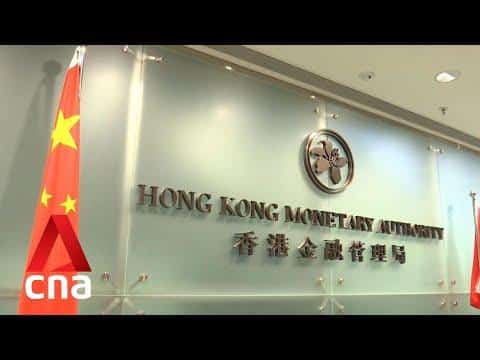Understanding Hong Kong’s new guidelines for crypto exchanges

Hong Kong introduced its Virtual Asset Trading Platform handbook earlier this month to provide guidelines for cryptocurrency companies seeking to operate within the country.
Hong Kong’s Securities and Futures Commission (SFC) will oversee all licensing, emphasizing the importance of “genuine operations and genuine business practices.”
The new rules require exchanges to apply for a license. If they failed, it could result in fines and jail terms. Operators should also perform client checks to ensure that retail traders from China, where crypto trading is banned, will not be accepted.
The approved tokens on regulated exchanges need a 12-month “track record” according to the rules. The SFC started receiving applications for crypto trading platform licenses on June 1.
Under the new rules, crypto exchanges must maintain a capital of at least 5,000,000 Hong Kong dollars (approximately $640,000) at all times and submit monthly reports to the SFC.
The SFC has agreed to allow licensed virtual asset providers to serve retail investors, provided that operators understand the risks involved. The rulebook also explicitly bans crypto “gifts,” which likely include airdrops.
Strict requirements
As explained in a recent article by legal expert Gilbert Ng and TKX Capital founder Chris Lee, translated by Wu Blockchain, the SFC’s guidelines aim to create a regulatory atmosphere that appeals to digital asset firms worldwide.
Under the transitional agreements, crypto companies can benefit from a one-year trial period in Hong Kong, with the opportunity to apply for a business license in 2024 if they meet the necessary requirements.
The SFC’s “genuine operations and genuine business practices” assessment applies specifically to non-securities trading platforms. The commission considers the company’s location, control and operation by Hong Kong-based employees, an office in Hong Kong, and adherence to other stipulations.
One notable aspect of Hong Kong’s guidelines is the heightened responsibility placed on cryptocurrency exchange operators and individuals. The handbook includes “regulated individuals,” such as directors, responsible officers, and managers, who must undergo a “fit and proper” test.
This test requires those individuals to demonstrate relevant experience in regulated environments, even if gained in other countries. The regulations extend to companies actively marketing to Hong Kong residents, subjecting them to regulatory oversight.
Sparking interest in crypto exchanges
Despite the high costs and greater burdens for exchange operators, many exchanges are still interested in establishing a foothold in Hong Kong.
“The significant compliance obligation has not deterred interest from crypto firms hoping to gain a foothold in Hong Kong,” said Joy Lam, a partner at law firm Baker McKenzie, as quoted by the South China Morning Post.
“We have been inundated with requests from existing and new market entrants who want to become licensed in Hong Kong.”
Companies such as Huobi, OKX, BitMEX, Gate.io, and CoinEx have shown interest in being part of the Hong Kong crypto market.
Chinese exchange Huobi revealed its plans to launch a trading platform in Hong Kong on May 26. The exchange submitted its VASP application to the SFC on May 29. On the same day, Huobi posted on social media that its Hong Kong entity offered crypto trading to local retail traders.









